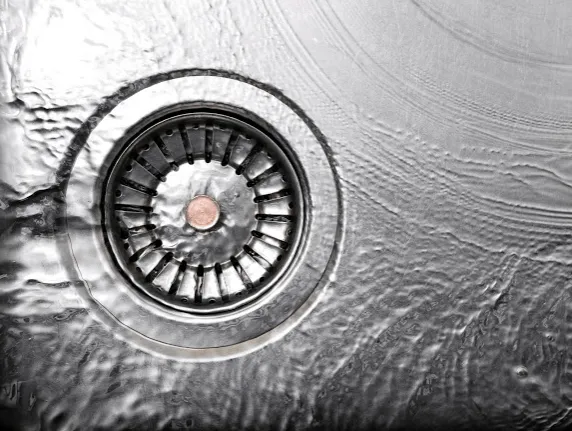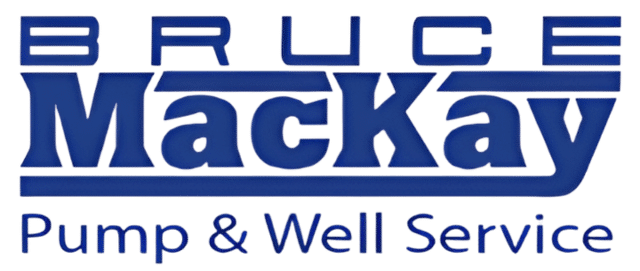
Is A Private Water Well Right For You?
Many homeowners use city water for their everyday needs like bathing and washing clothes. However, city water is expensive because you have to pay a monthly service and usage fee. With a water well, however, the water is free groundwater, which can save you money in the long run. If you are wondering if a water well is right for you, keep reading.
Where Do You Live?
If you’re planning on buying property and building your own home, it’s important to consider the location. If the house is not close to the city sewer/water, you’ll need to pay anywhere between $500 and $20,000, depending on how far you need to build to reach the city water system. Plus, before you can connect to the city water, you’ll need to apply for permits, which can cost up to $1,600. Installing a water well could be the more affordable option, especially since you won’t need to pay a monthly water bill to the city.
It’s also important to consider what’s under your property. Water wells need a good supply of groundwater, so if you are not close to groundwater or the groundwater is prone to drought, a water well may not be the right choice.
Why Do You Need the Water Well?
You’ll also need to determine exactly why you need the water well. While some homeowners may use the water for everything: drinking, bathing, washing clothes, washing dishes, etc., other homeowners may only want a water well for livestock or plants. Typically, if you’re going to use the water for your family, you want to choose a drilled well.
Drilled wells may go down thousands of feet to find water, and they need a casing to better protect the well from contaminates in soil. For this reason, they tend to have fewer contaminates than dug or driven wells. Both dug and driven wells are shallow, increasing the risk of contamination. Like drilled wells, driven wells are protected with a casing, but dug wells are not as protected.
Are You Sensitive to Chemicals and Certain Contaminates?
City water is highly treated to remove as many contaminates as possible. However, in some cases, the chemicals used to kill microbial and organic contaminates can also cause problems, especially if you find yourself sensitive to chemicals like chlorine.
Another common risk in city water systems is lead. Older plumbing systems may still contain lead. As this lead leeches into the water, it can reach your drinking water. Of course, with well water, there is a risk of natural-born water contaminates like pathogens.
Are You Dedicated to Maintenance?
In order to ensure your well water is healthy, you’ll need to be dedicated to maintenance. If you’re connected to the city water, you only need to worry about your own plumbing system. Anything that is part of the city system is handled by the city. If you have a water well, however, you’re in charge of all the maintenance to the system.
There are many parts to a well, including the casing, caps, screens, pitless adapter, and jet pumps. If any of these parts fail, the well may not work. If the casing becomes damaged or worn, it significantly increases the risk of contaminates sneaking in from aquifers and soil. Proper maintenance will keep a well functional.
If you are sick of paying for city water or if you home is too far from the city system, a water well may be the right choice for you. You will be responsible for all the maintenance, but that just means you’re in charge. If you would like to know more, contact us at Bruce MacKay Pump & Well Service.
